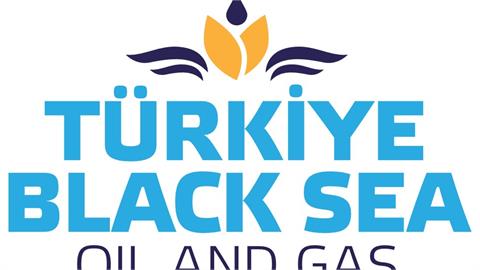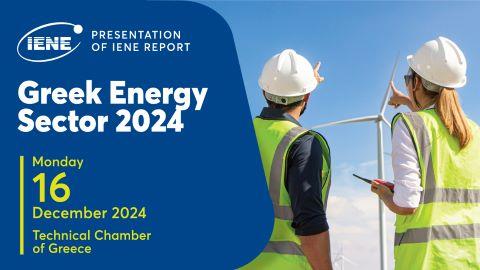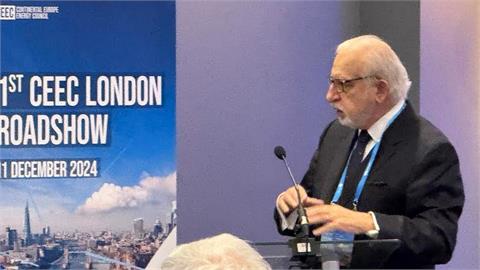This latest IENE study, entitled “Energy Trends 2023-2024”, provides comprehensive information and data on the emerging trends in the European and mainly in the Greek energy market for 2023 and the first quarter of 2024
This latest IENE study, entitled “Energy Trends 2023-2024”, provides comprehensive information and data on the emerging trends in the European and mainly in the Greek energy market for 2023 and the first quarter of 2024.
More specifically, the changes in electricity, natural gas and oil prices at the level of Europe and Greece, the changes in total energy demand, as well as in the demand for electricity, natural gas, oil and petroleum products, will be covered in this specific study. At the same time, imports and exports, mainly of electricity and natural gas, as well as the fuel mix in power generation, are some of the energy parameters that will be analyzed.
From the first edition of the new series of IENE studies on the trends of the Greek energy market, important and useful information can be concluded for the period 2023-2024, such as the steep decline in electricity and natural gas prices in Europe and Greece, the decrease in the total energy demand, and electricity and natural gas demand in particular, the decline in electricity exports and the increase in electricity imports in Greece.
Also, natural gas imports to Greece decreased, but Russian natural gas imports through Sidirokastro entry point and LNG increased, while fuel prices in Greece continue to be among the highest in Europe, despite the decline in international oil prices. At the same time, further problems are expected in the electricity grid within 2024, due to the oversupply of RES and the saturated electricity system. Therefore, discussions will come to the fore between the Regulatory Authority for Energy, Waste and Water (RAEEY), Ministry of the Environment and Energy and the Independent Power Transmission Operator (IPTO) on the issue of compensation for self-producers, as the quantities of rejected energy will increase.
The entire study is available here.




